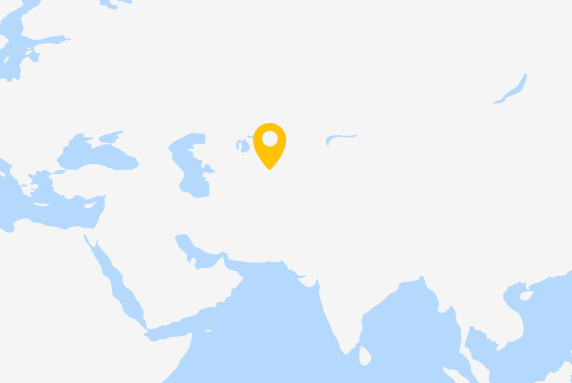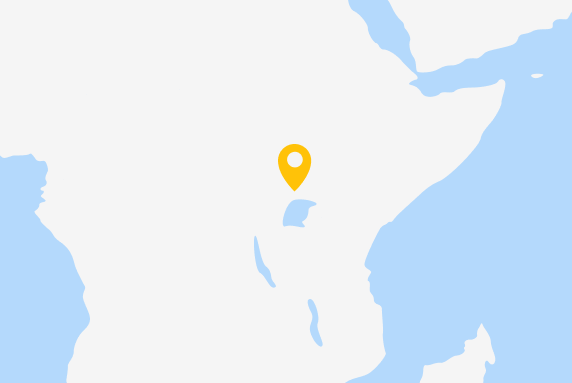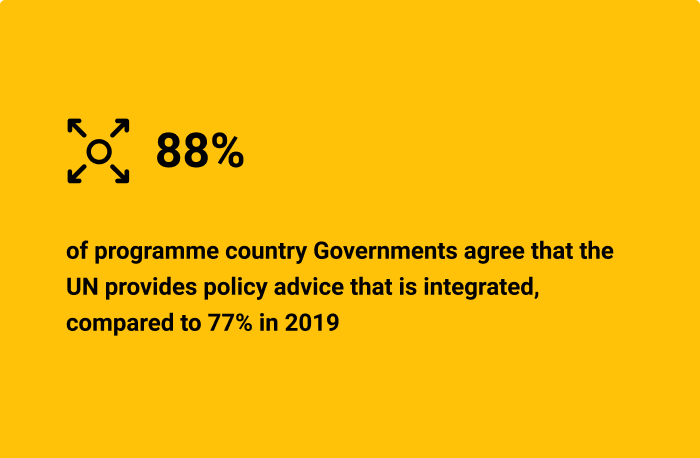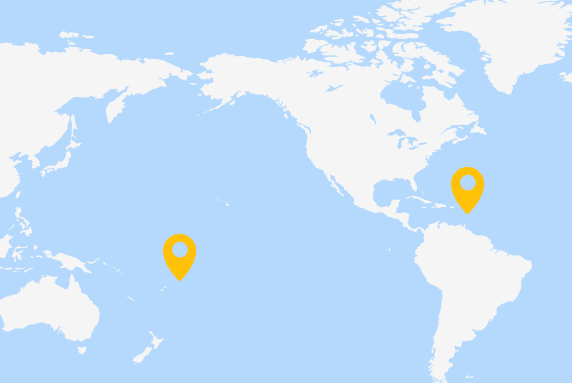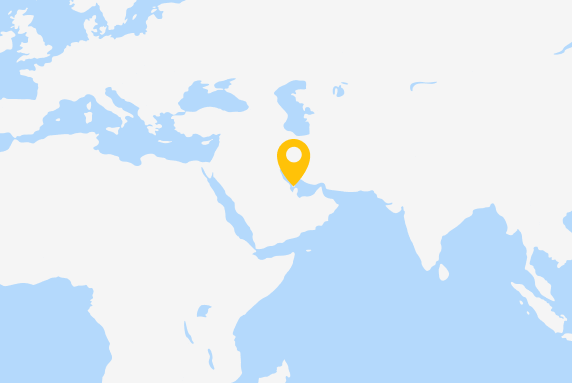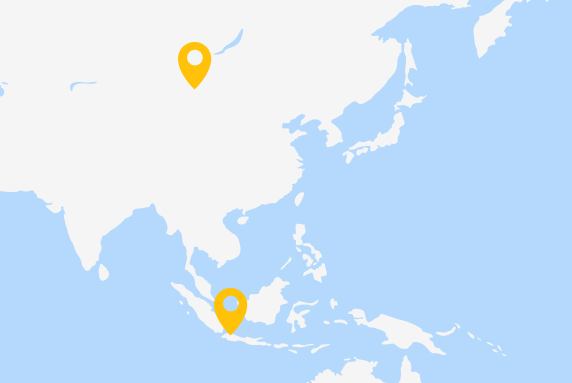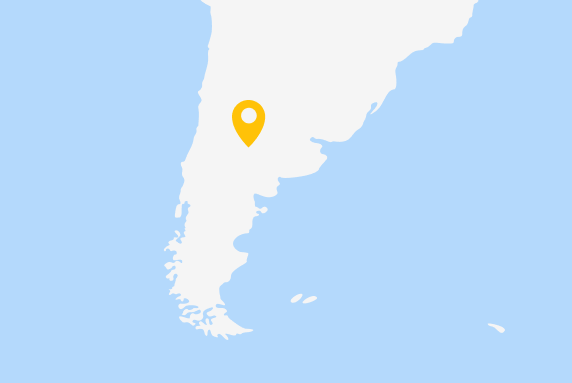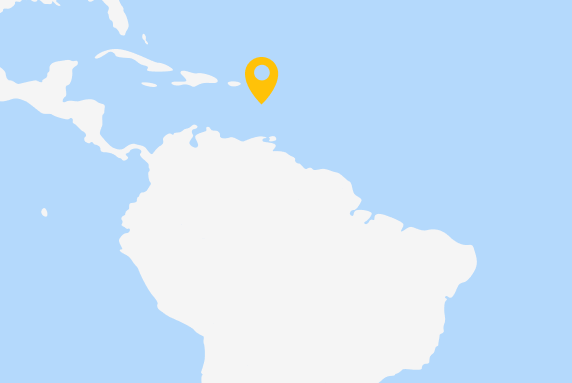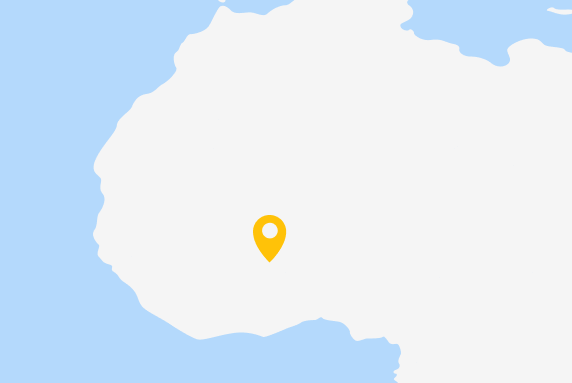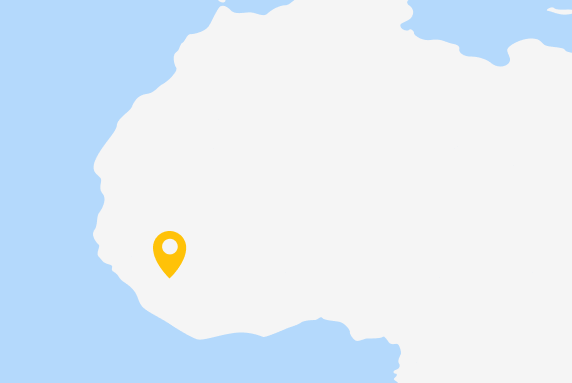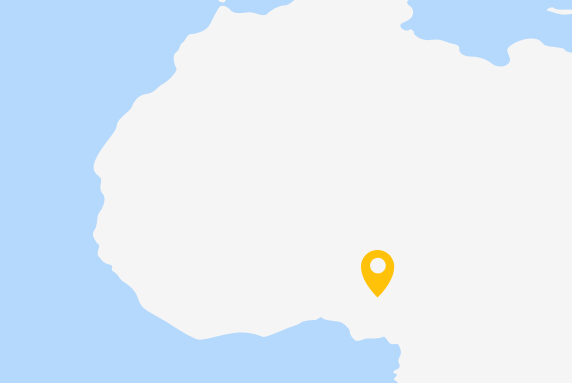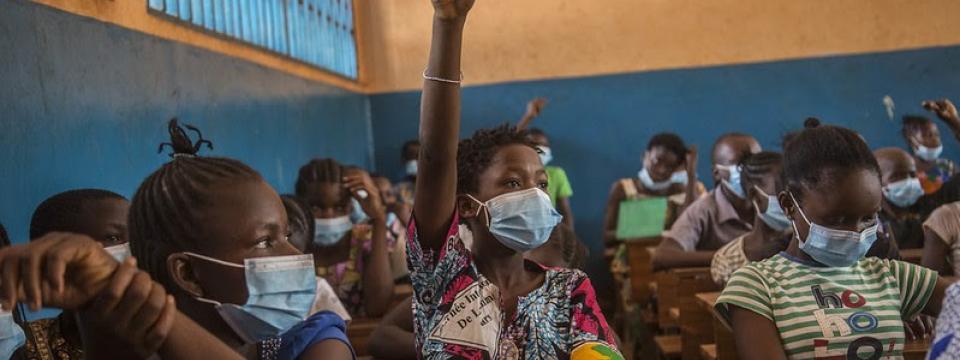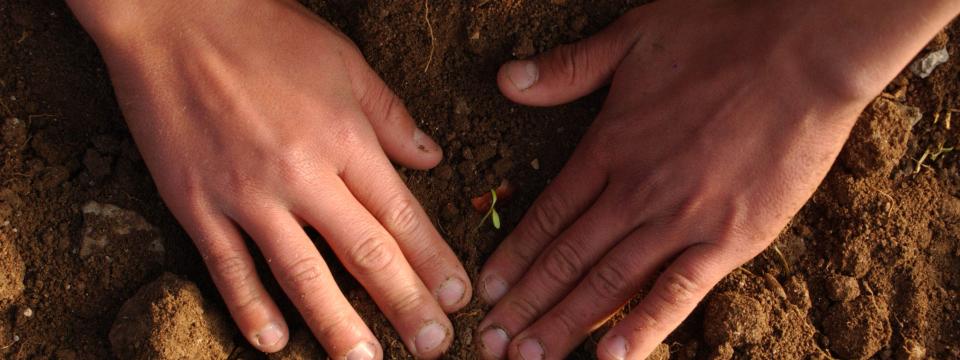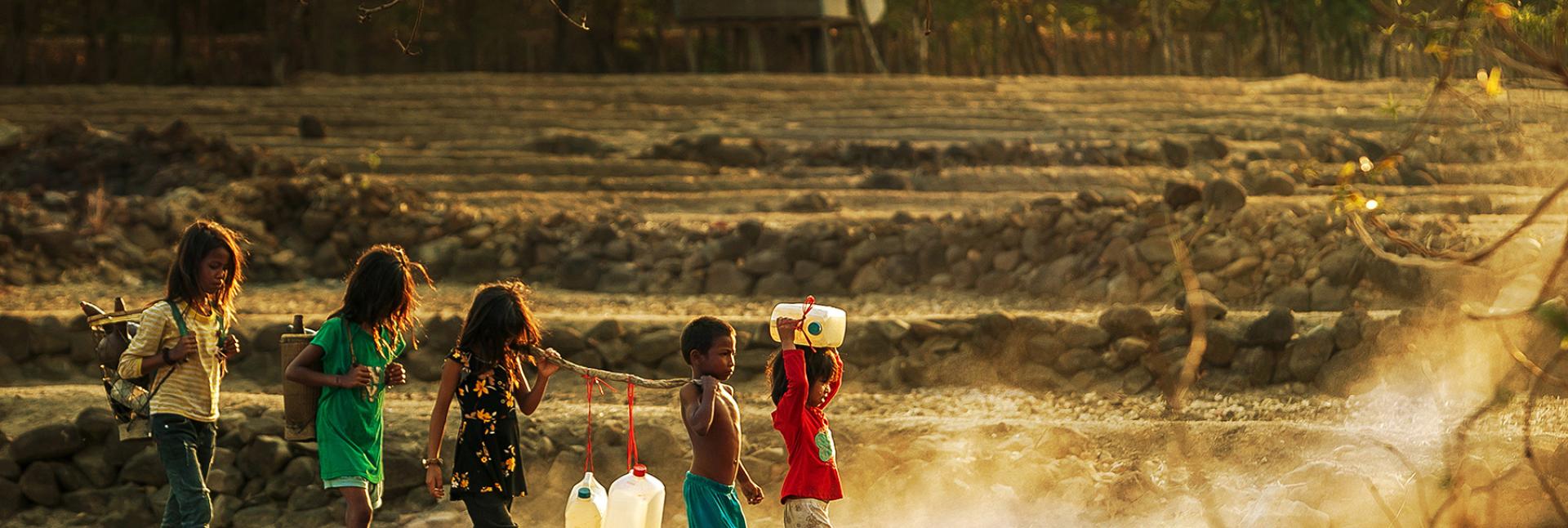
Responses
Better integrated responses
UN Country Team responses that leave no one behind
The reinvigorated Resident Coordinator system has enabled UN Country Teams to strengthen joint planning and programming and draw on relevant expertise from across the system to tackle complex, interconnected problems—replacing sectoral approaches to better support countries to achieve the SDGs.
countries have started implementing new Cooperation Frameworks in 2020
countries have started the design of new Cooperation Frameworks for implementation in 2021
of UN Country Teams are on track to replace previous UN Development Assistance Frameworks by the end of 2021
A dashboard on the implementation status of the Cooperation Frameworks in every country is available on the UN Sustainable Development Group website, including a new section of governing-board review of the entity-specific country programmes
New Common Country Analyses and Cooperation Frameworks increasingly demonstrate a stronger integrated response to national SDG challenges, particularly through more and better policy support, and wider engagement of development partners.
Uzbekistan
The increase in wider UN system engagement in both the Common Country Analyses and Cooperation Frameworks is clear
Regional Economic and Social Commissions
are now full-fledged members of 49 UN Country Teams, from 40 in 2019
The World Bank
is a member of 53 UN Country Teams and has signed 12 Cooperation Frameworks/UN Development Assistance Frameworks
The International Monetary Fund
is part of 28 UN Country Teams and has signed 4 Cooperation Frameworks/UN Development Assistance Frameworks
More and better access to relevant technical capacities, integrated policy support and thought leadership is vital for tailored support in countries, and Governments have noted these improvements
Increased integrated policy support and thought leadership has served to respond to specific country needs, including by tackling cross-border and regional challenges
Colombia, Brazil and Peru
Colombia, Brazil and Peru
The Resident Coordinators in Colombia, Brazil and Peru brought UN Country Teams and national authorities together to address the COVID-19 impact in the Amazon region, supporting local authorities to deliver health, legal and socio-economic assistance to migrants, refugees and indigenous people, especially women.
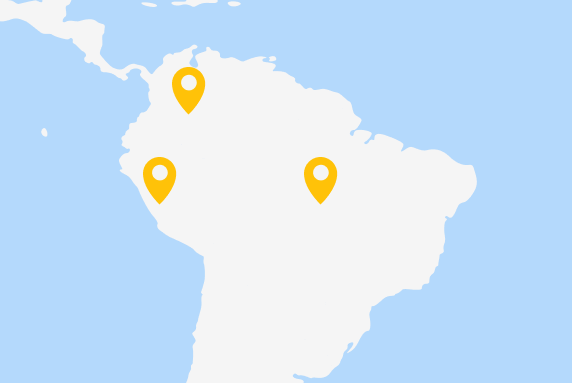
Enhanced coordination also helped UN Country Teams to swiftly prepare COVID-19 Socio-Economic Response Plans geared to support countries to recover better
- UN Socio-Economic Response Plans were prepared for 139 countries to support the provision of essential services, strengthen social protection services, protect jobs and vulnerable workers and maintain social cohesion.
- UN Socio-Economic Response Plans align to SDG trajectories and include a focus on a green recovery, digitalization and inclusion.
- The majority of the Socio-Economic Response Plans is set to end on 31 December 2021 and their priorities will be integrated into the ongoing Cooperation Frameworks, anchoring the UN’s response to the pandemic and SDG-aligned recovery in national development priorities.
Bahrain
Mongolia and Indonesia
Argentina
UN Country Teams have also strengthened their focus on the most vulnerable groups and those left behind
- All Cooperation Frameworks and UN Socio-Economic Response Plans developed in 2020 identify vulnerable groups more clearly and increasingly involve them in the programme design process.
- UN Country Teams now report on their support to gender equality and women’s empowerment, youth, and disability inclusion through new corporate scorecards.
Synergies across development, humanitarian and peacebuilding interventions in countries or situations at risk or affected by conflict were also strengthened
In 2020, UN Country Team engagement with the Peacebuilding Fund (PBF) leveraged investments of $51.4 million in 26 projects, with a focus on the Sahel.














